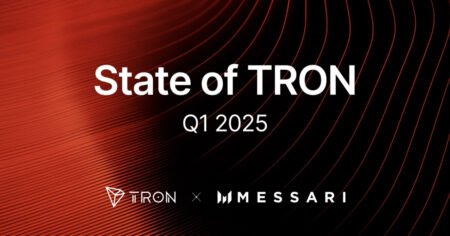The US Department of Justice (DOJ) has reportedly shut down the National Cryptocurrency Enforcement Team (NCET), its specialized division tasked with investigating crypto-related crimes. NCET was launched in 2021 under the Biden administration and gathered experts from multiple DOJ divisions, including cybercrime and money laundering units. The team pursued high-profile cases involving digital assets, targeting platforms like Tornado Cash and investigating crypto activity linked to North Korean operatives. However, Deputy Attorney General Todd Blanche clarified the DOJ’s new direction, stating that the department’s focus now centers on prosecuting bad actors rather than the broader crypto industry. The DOJ is not a financial regulator, and the previous administration’s approach of enforcing unclear crypto rules through litigation was criticized.
Blanche has directed DOJ personnel to focus solely on targeting criminal activity within the crypto sector, particularly scams, fraud, and market manipulation, rather than scrutinizing legitimate entities like crypto exchanges, wallet providers, or decentralized privacy tools. The move reflects a wider recalibration across federal agencies as President Donald Trump seeks to create a more favorable environment for crypto innovation. Regulatory bodies like the SEC and the CFTC are also reviewing their crypto policies to align with the new administration’s efforts. Acting SEC Chair Mark Uyeda confirmed plans for a comprehensive review of existing policies, including the Howey Test, which determines whether a digital asset qualifies as a security. The purpose of this review is to identify staff statements that should be modified or rescinded consistent with current agency priorities.
The closure of NCET and the DOJ’s shift in focus indicate a significant change in federal oversight of the crypto industry. With an emphasis on prosecuting criminal activity rather than regulating the broader industry, the Department of Justice aims to create a more targeted approach to combating scams, fraud, and market manipulation within the sector. This approach aligns with President Trump’s efforts to foster a more favorable environment for crypto innovation and signals a broader recalibration across federal agencies. Regulatory bodies like the SEC and the CFTC are also reassessing their policies to align with the new administration’s priorities, with plans for a comprehensive review of existing regulations to ensure consistency with current agency goals.
The DOJ’s decision to close NCET and refocus on targeting criminal activity within the crypto sector is part of a broader shift in federal oversight of the emerging industry. By directing resources towards prosecuting bad actors rather than regulating the entire industry, the Department of Justice aims to combat scams, fraud, and market manipulation within the crypto sector more effectively. The move reflects President Trump’s efforts to create a more favorable environment for crypto innovation, with regulatory bodies like the SEC and the CFTC also reviewing their policies to align with the new administration’s priorities. Overall, the shift in federal oversight signals a significant change in the approach to regulating and prosecuting crimes in the crypto industry.
In conclusion, the closure of the National Cryptocurrency Enforcement Team and the DOJ’s shift in focus towards targeting criminal activity within the crypto sector reflect a broader recalibration across federal agencies under the Trump administration. By prioritizing the prosecution of bad actors over regulating the broader industry, the Department of Justice aims to combat scams, fraud, and market manipulation more effectively. This approach aligns with President Trump’s efforts to create a more favorable environment for crypto innovation, with regulatory bodies like the SEC and the CFTC also reassessing their policies. The move signals a significant change in federal oversight of the crypto industry and underscores the administration’s commitment to addressing criminal activity within the sector.

















